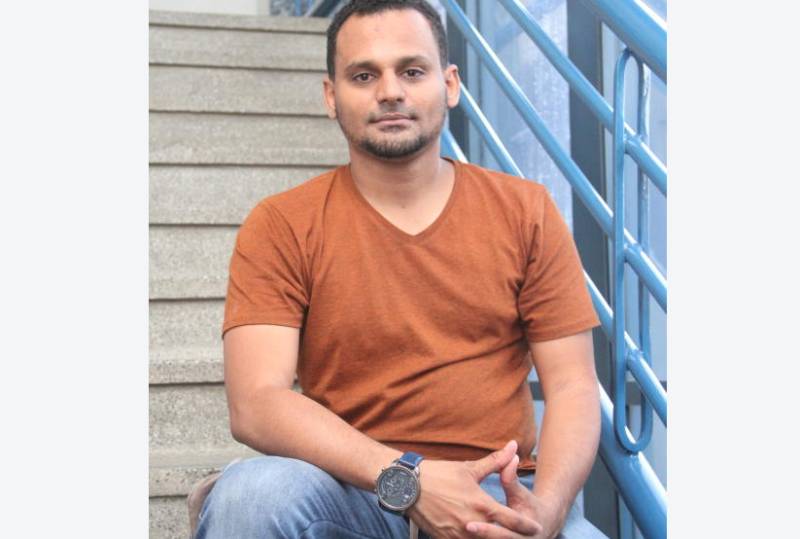×
The Standard e-Paper
Kenya’s Boldest Voice

Growing up, Dr Mohamed Baidar (pictured) was never the best student academically. His family shuffled him around different schools trying to see if this would change. It did not.